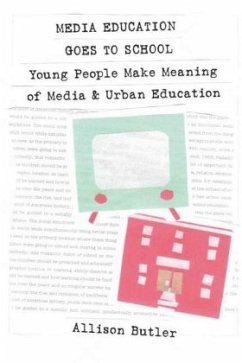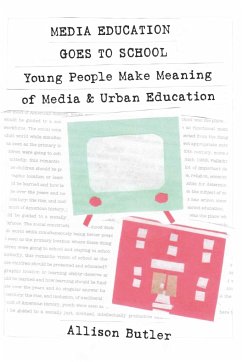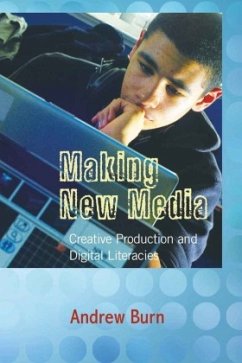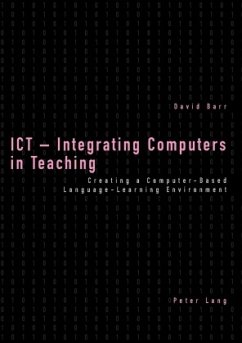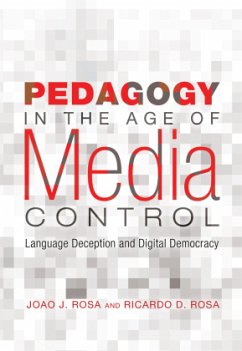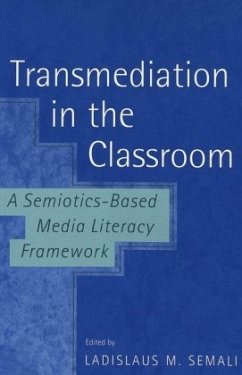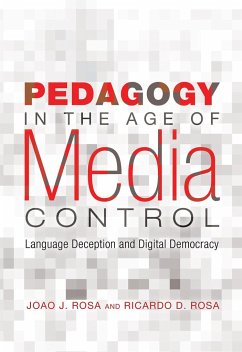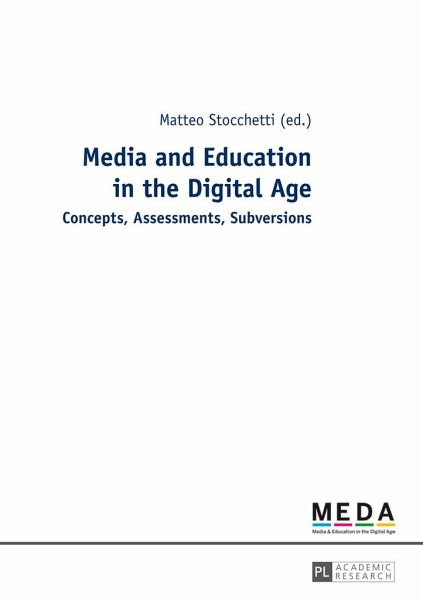
Media and Education in the Digital Age
Concepts, Assessments, Subversions
Herausgegeben: Stocchetti, Matteo
Versandkostenfrei!
Versandfertig in 6-10 Tagen
87,15 €
inkl. MwSt.
Weitere Ausgaben:

PAYBACK Punkte
0 °P sammeln!
This book is an invitation to informed and critical participation in the current debate on the role of digital technology in education and a comprehensive introduction to the most relevant issues in this debate. After an early wave of enthusiasm about the emancipative opportunities of the digital "revolution" in education, recent contributions invite caution, if not scepticism. This collection rejects extreme interpretations and establishes a conceptual framework for the critical questioning of this role in terms of concepts, assessments and subversions. This book offers conceptual tools, idea...
This book is an invitation to informed and critical participation in the current debate on the role of digital technology in education and a comprehensive introduction to the most relevant issues in this debate. After an early wave of enthusiasm about the emancipative opportunities of the digital "revolution" in education, recent contributions invite caution, if not scepticism. This collection rejects extreme interpretations and establishes a conceptual framework for the critical questioning of this role in terms of concepts, assessments and subversions. This book offers conceptual tools, ideas and insights for further research. It also provides motivation and information to foster active participation in debates and politics and encourages teachers, parents and learners to take part in the making of the future of our societies.




